Most of us have “To Read” lists filled with exciting, new titles from the New York Times Bestseller list or from the latest “Daily Show” guest. But how about reading something a bit beneath the radar? Maybe a less well known title that has (as an added bonus) a film adaptation that you can watch after reading the book? You may be thinking--why watch some disappointing, half-hearted production of a book you truly enjoyed? Well, here’s the rub, the BBC really knows how to pick great books and how to adapt them into film.
For those of you who prefer mysteries, try reading Michael Dibdin’s Aurelio Zen series (Book 1 is Ratking), which the BBC adapted into three episodes called “Zen.” The DVD series is now on order for the library.
A similar, though more serious choice is “Wallander” (Book 1 is Faceless Killers), which the BBC adapted from novels by Henning Mankell. This series has also been ordered.
If it’s a bit of contemporized nostalgia you are looking for, I recommend “Sherlock,” adapted from Sir Arthur Conan Doyle’s classic novels. Each of these BBC productions is recent, incredibly well cast and performed with everything from the cinematography to the locations beautifully represented.
Maybe you do not feel like trying to read an entire series. In that case, I recommend reading and watching “Bleak House” or “Little Dorrit” by Charles Dickens. If you’re in a Bronte Sisters mood, I would suggest the BBC’s 2006 production of “Jane Eyre.”
These are just a few titles to wet your literary pallet and perhaps introduce you to a lesser-known author or reacquaint you with an old favorite. Whether on the big or small screen not all adaptations are created equal, but the BBC is definitely ahead of the curve. Check the stacks at the Stillwater Public Library—we own most of these books and BBC films and have many more on the way!
Stillwater, OK














